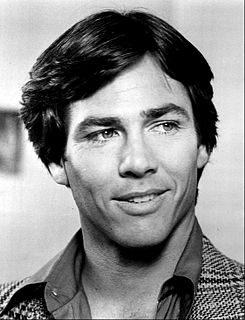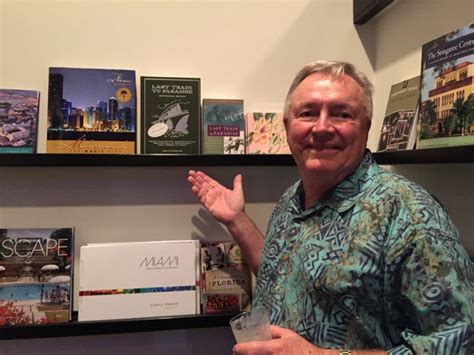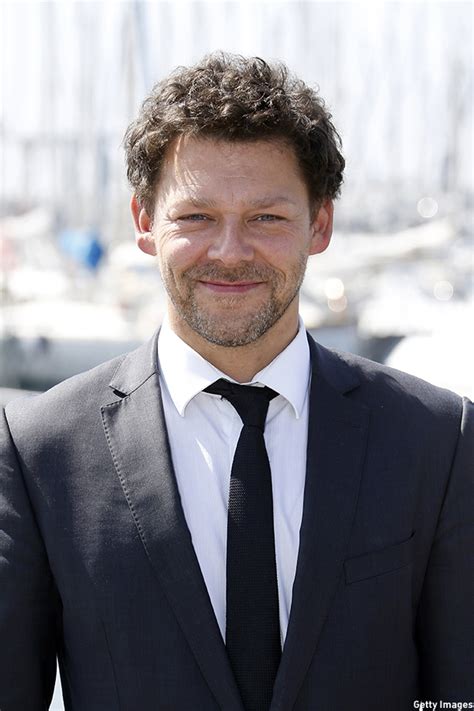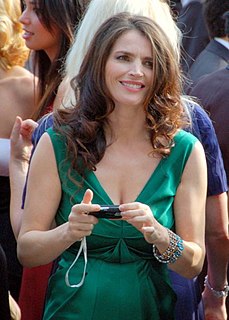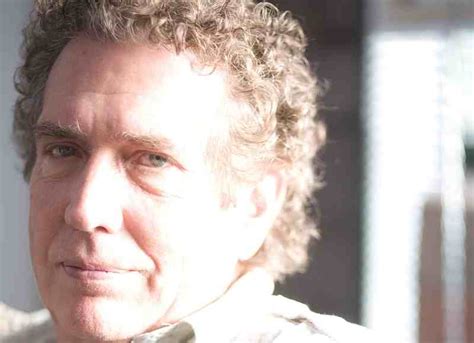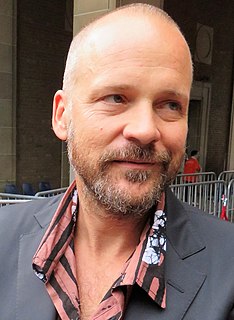A Quote by Wesley Snipes
I actually take images of things and put them up around the wall and in a room. I set a room aside. It might be colors, it might be animals, or energy and words. And I'll just leave it there, so it begins to work on my subconscious when I think about the character. Which gives me some latitude to be really flexible and spontaneous but within the context of the character and the world of the character without having to think about it. Or I'll look at something or read something and let it work on my subconscious mind.
Quote Topics
About
Actually
Animals
Around
Aside
Begins
Character
Colors
Conscious Mind
Context
Energy
Flexible
Gives
Having
Images
Just
Latitude
Leave
Look
Me
Might
Mind
Put
Read
Really
Room
Set
Some
Something
Spontaneous
Subconscious
Subconscious Mind
Take
Them
Things
Think
Up
Wall
Which
Within
Without
Words
Work
World
Related Quotes
Never open your story with a character thinking, I advise my students. As a further precaution, don’t put a character in a room alone – create a friend, a bystander, a genie, for God’s sake, any sentient creature with whom your main character can converse, perhaps argue or, better yet, engage in some action. If a person is out and doing, it’s more likely that something interesting might happen to her or him. Shut up in a room with only his thoughts for company well, that way lies fictional disaster.
I basically enjoy doing films that are about something, that have complex roles that I can sink my teeth into. Basically, I gravitate to things that scare me. They might be things that I don't think I know how to play. I like trying to find within me where this character may exist. Whether is it is a fictional character or not I am not motivated by that. It is more about how challenging it is. It is just so happens that the more high profile things I have done have been historical characters.
I never like to judge the character. I just have to leave my feelings of pity, or fear, about a character - whatever I feel towards the character, I try to leave to one side. It's good to have them, but it doesn't help me. I can't act those things. I just to play the character as truthfully as I can.
The first thing that happens is the cleansing of the former character. I don't think a lot of actors talk about it, but there is usually a process where you essentially purge yourself of the character played prior to the movie. Then you want to think about what the character represents, and you write down all of the elements about this character and then take the time to find some synchronicity and start breathing the character.
One thing about beginning writers is that they don't really always know their own strengths and weaknesses - you might think you're bad at characterization, but that might really be because of some issue you're having with another element, which is making it hard for you to express character in a convincing way.
Whatever character you play, whatever film it is, whatever story it is, for me, in my training it's always something that gives you a layered character, it's understanding the secret of that character, and so whatever comes up as "Oh, I thought that person was that," you are always carrying that within you. So actually what you're playing all the way through is both and it's just what comes out in the scene or the circumstance.
The writer must always leave room for the characters to grow and change. If you move your characters from plot point to plot point, like painting by the numbers, they often remain stick figures. They will never take on a life of their own. The most exciting thing is when you find a character doing something surprising or unplanned. Like a character saying to me: ‘Hey, Richard, you may think I work for you, but I don’t. I’m my own person.’
I think one of the things that might distinguish me is when I'm going to work as an actor I really try not to worry about my own personal hang-ups and just really concentrate on the work. Because I have such a respect for acting, which is something I feel like I'm constantly learning how to do, that all of my energy is always focused on the acting itself.
Becoming the character you are playing might work for some, but for me, it doesn't. I always maintain a gap between myself and my character because if I will go so deep into it, it will get difficult for me to come back. You should work towards understanding the psyche of your character and then play it.

